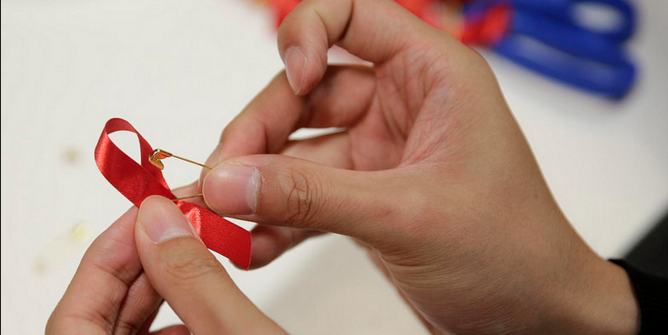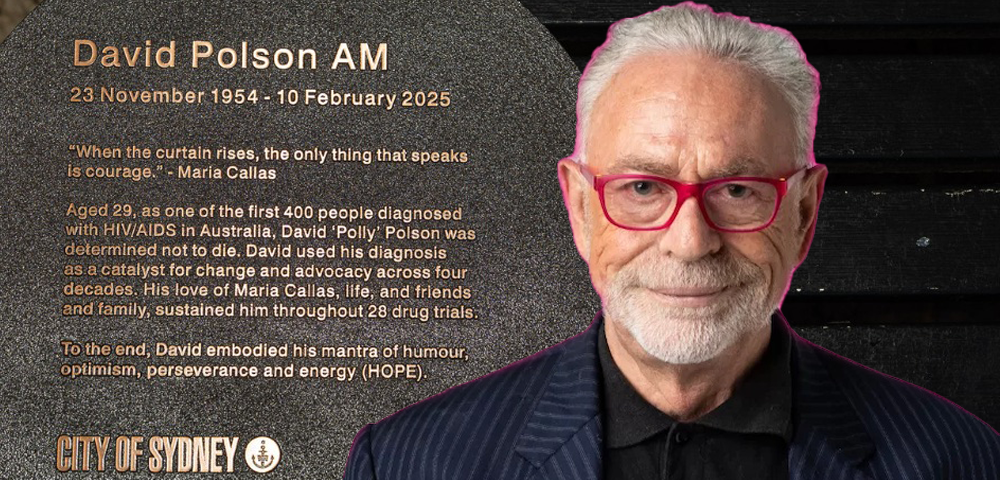
Tireless HIV activist Levinia Crooks passes away

Tireless HIV and AIDS activist and researcher Levinia Crooks passed away in Sydney over the weekend after a long battle with illness.
Her work in the HIV sector has spanned the epidemic in Australia.
Crooks was the first Executive Officer for the National Association of People Living with AIDS (now known as NAPWHA), and she was the President of ACON from 1988 – 1989 and 1991 – 1992.
She was also instrumental in the work of the Bobby Goldsmith Foundation (BGF), one of Australia’s longest running HIV and AIDS charities.
For the last 18 years Crooks held the position of Chief Executive of the Australasian Society for HIV, Viral Hepatitis and Sexual Health Medicine (ASHM).
During her tenure Levinia elevated the profile and breadth of ASHM through her professionalism, research insight, and overall vision for the role the organisation would play both nationally and in the region.
Acting Chief Executive of ASHM, Scott McGill, said Crooks was leaving behind a major legacy to carry forward and build upon.
“Countless lives here at home and in our region have been positively impacted by her energetic, pragmatic, visionary, brave and can-do approach,” he said.
“She will be remembered as a warm and generous friend to so many – always ready to roll her sleeves up, get on with the work at hand and without exception bringing her formidable leadership, intelligence, wit and problem solving abilities to the table.
“We are proud to be custodians of that and to honour and celebrate her memory by continuing to move that forward.”
President of the Victorian AIDS Council (VAC), Chad Hughes, said that at every level, Crooks’ contribution furthered debate in substantive and important ways.
“It is probably difficult to think of another person who has had the kind of influence that Levinia has had over the course of the last three decades of the epidemic,” he said.
“Her career began at a time when there was little hope for people living with HIV and she was instrumental, not only in the areas of care and support for people living with HIV and AIDS but at important moments in prevention such as her role in the drafting of national guidelines for the provision of post-exposure prophylaxis (PEP).
“Her leadership legacy is one of partnership, collaboration, vision, and courage and in many ways she will be impossible to replace.”









